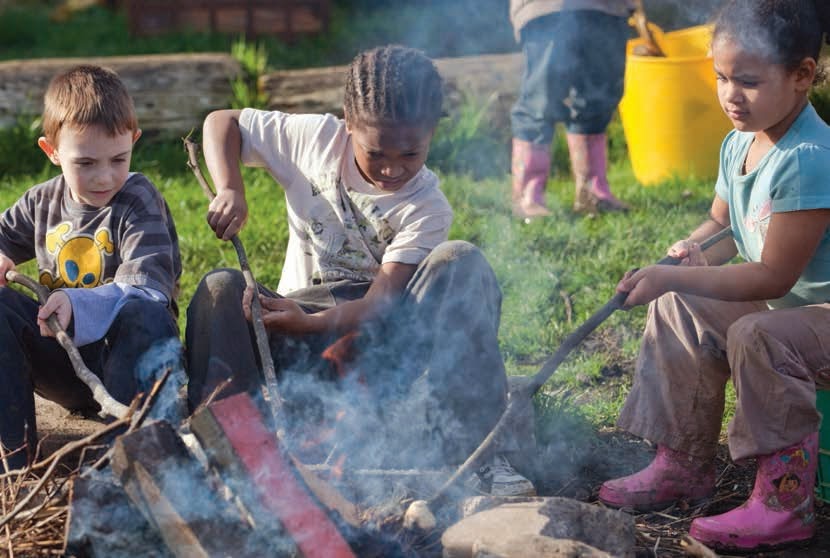Call 911! Child waiting for parent outside rest room!
Today, our local newspaper wanted my comments on various
recent stories about children being supposedly neglected by their parents. I
was pretty sure I couldn’t speak for my entire organization so I declined.
Instead, I’m boring you with a blog post.
According to The Week, the stories have included (a) a
Connecticut mother leaving her 11-year-old in a car alone while she ran into a
store, (b) an Ohio 8-year-old leaving church to play with friends, and (c) a Georgia
mother letting her 9-year-old play in a public park while she worked at
McDonald’s. But the kicker is that the Connecticut mother was charged with a
crime, the Ohio heathen’s father was arrested, and the Georgia mother lost
custody of her daughter and was jailed.
My first thought is that the principle of calculated risk has
given way to the principle of shrouded childhood.
Second, most parents want what’s best for their children and
for their families. They are also trying to make life work—to keep themselves
together.
Third, the villagers helping to raise the child would do
better to speak to parents or look after the child until the parent returns—not
call the cops.
 |
| From Managing Risk in Play Provision: Implementation Guide |
It would be easy to say child safety comes first and that
parents shouldn’t do things they would regret if something were to happen. On
another post, I’ll talk about how play has changed, even disappeared because of
helicopter parenting. Here, the issue is more about parents either knowingly or
unknowingly losing sight of their children. I heard, by the way, that the
9-year-old left in a park did have a cell phone, which has to count for
something. I don’t think I’d leave a 9-year-old to play in a public park, but
then I don’t have the pressures that a mother who works at McDonald’s has.
In early intervention/early childhood special education, we
have (or should have) a strong dislike for judging parents. We see families all
the time doing what they have to do, sometimes what’s familiar to them. What we
see might not be the way we reared our children but we respect and trust
families. We do have an obligation to give families information, which can take
the form of talking them through scenarios to make sure they make informed
decisions.
I love meeting parents who don’t infantilize their children—who
give them room to explore, take responsibility, and entertain themselves. I don’t
usually call the police on them.